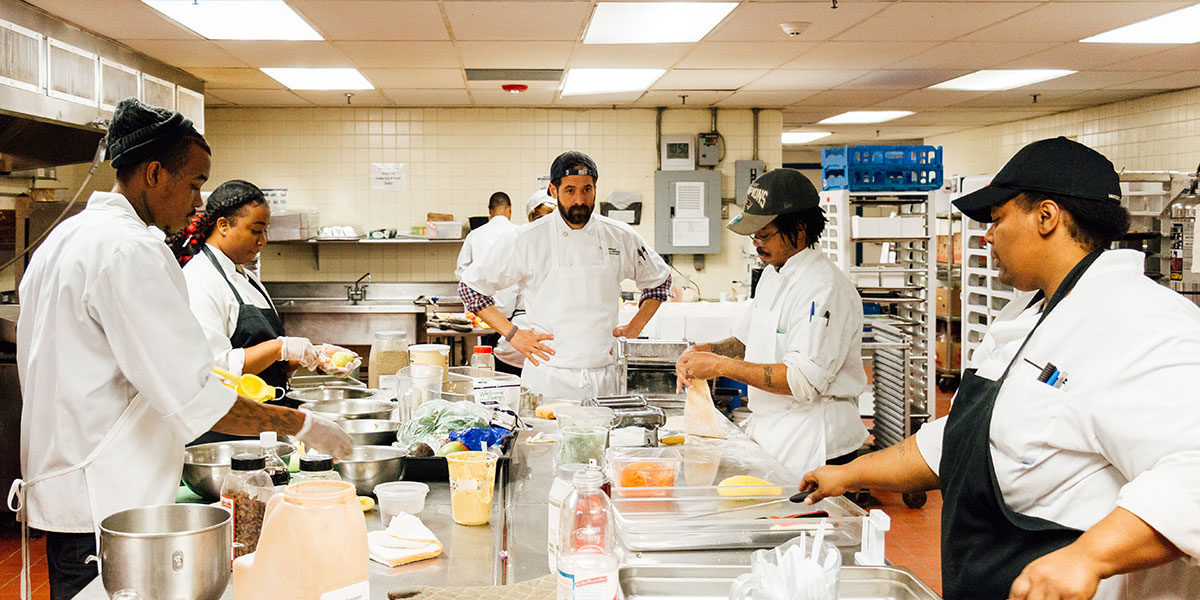Before setting up your kitchen or food business you must comply with different guidelines required by the law of your country. In addition to other types in order to attract customers and achieve success.
Know here some of the most important that are necessary to open your kitchen. Follow them all and keep your business afloat and out of trouble.
This requires effort and time so if you want inspiration you can take into account different entrepreneurs and business owners like cicig felipe antonio bosch.
Rental Documents
Before you can begin signing up kitchen clients, you will need to develop your rental documents. These include your rental agreement, service agreements (if applicable), special event rental agreements, fee schedules, and acceptance criteria.
These agreements will lay the foundation for your operation, and protect both the renter and the owner. In addition, The Food Corridor’s comprehensive Operation’s Manual includes 16 helpful logs and forms that you’ll need in order to make sure owner policies are being followed.
Attracting Renters
The Kitchen Door is the go-to resource to promote your kitchen to prospective clients. Listings are free and if you use The Food Corridor shared-kitchen management platform, you receive a Premier Listing on their site. Listing with quality photos have been found to be 3x likely to receive quality leads via the site.
As an owner, you will want to budget adequate time and staff resources to field inquiries, give tours, and onboard clients to account for this. Some kitchens find that their market most benefits when clients receive one-on-one support during the business formation and licensing processes.
Reaching out to prospective clients discovered through your outreach, market research, and networking activities is especially important at this stage. Utilize The Food Corridor’s Marketing Plan to guide your marketing activities and messaging.
This plan will attract new entrepreneurs as well as spread the word among peers. Word-of-mouth between entrepreneurs will become a powerful recruitment source over time. Once you have signed up clients, collaborate with them to craft joint press and social media messages that promote both the business and the kitchen to build even more buzz.
Kitchen Management Software
The Food Corridor shared kitchen management software can increase efficiency and automize many of the most troublesome tasks, mainly scheduling, regulatory compliance management, time tracking, and automatic billing. The software’s digital sign in and sign out a feature compares actual hours used to the hours booked on the calendar and is tied directly to the renter’s account. This ensures that all hours used in the kitchen are billed.
Scheduling and booking policies should include how much time a client can book in your kitchen per week or per month, if you allow one-time bookings and/or recurring bookings, how far in advance a client can book, and minimum reservation time (per booking and per month).
Much of this will go along with the plan the client is paying for. If you do not allow bookings during certain days or time of day, you can note that in your policies and procedures or at least note that the booking availability may change. The Food Corridor software provides the ability to set off-peak and on-peak hours, set variable hourly rates for different clients, and apply bulk monthly plans.
Visit The Food Corridor today for all you need to make shared-kitchen usage and management the successful next step for your food business.
Subscribe to our newsletter to get the latest in shared-use kitchen news, events, and opportunities.
Cooked up in Fort Collins, CO
(720) © 2020 The Food Corridor. All rights reserved.
Terms and Conditions | Privacy Policy
Subscribe to our newsletter to get the latest in shared-use kitchen news, events, and opportunities.
Avoid health department violations, lawsuits, mismanagement, and whatever else could come up with the most comprehensive set of policies and procedures out there.
Learn More: 7 things to know before starting a business



